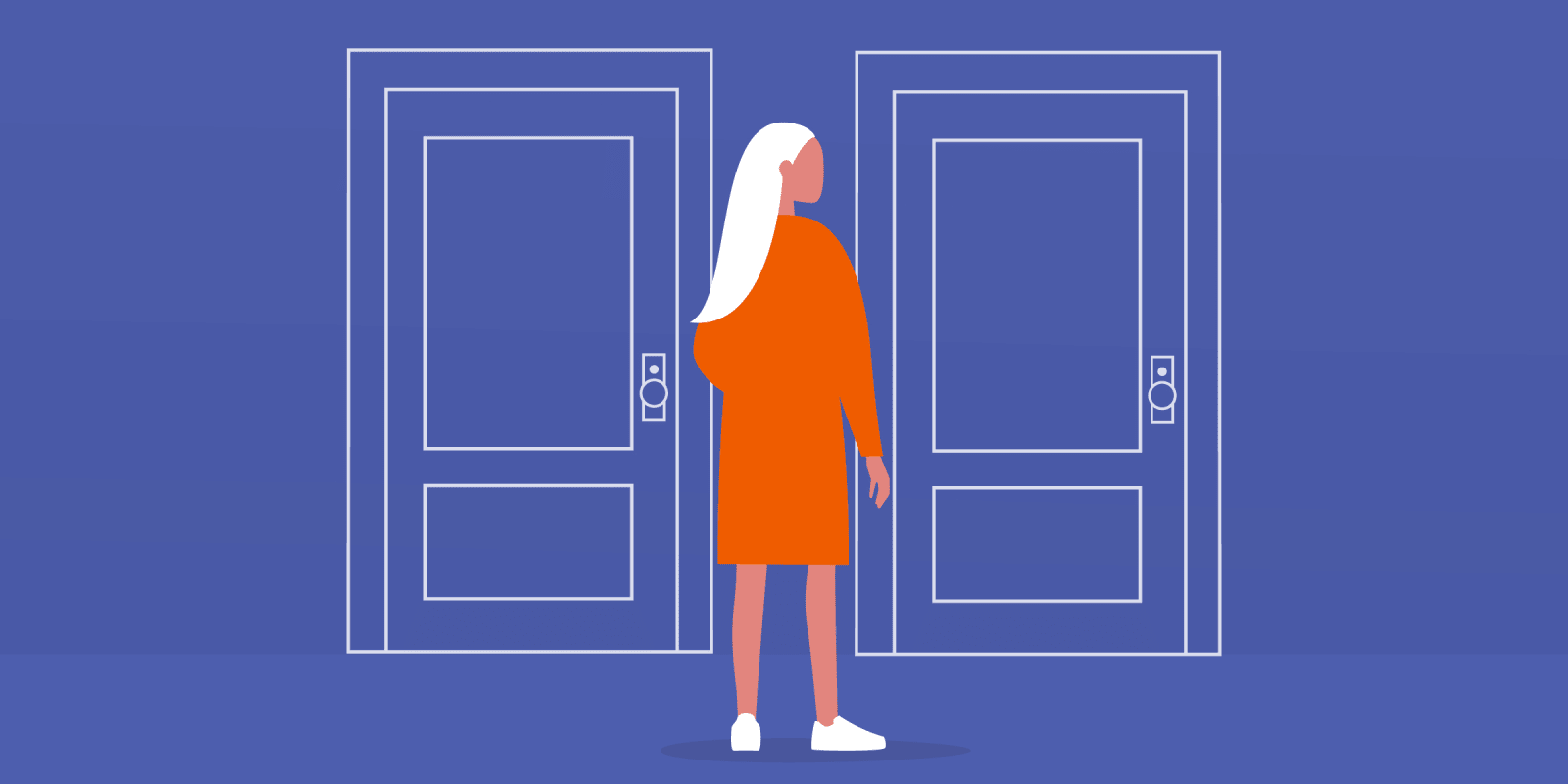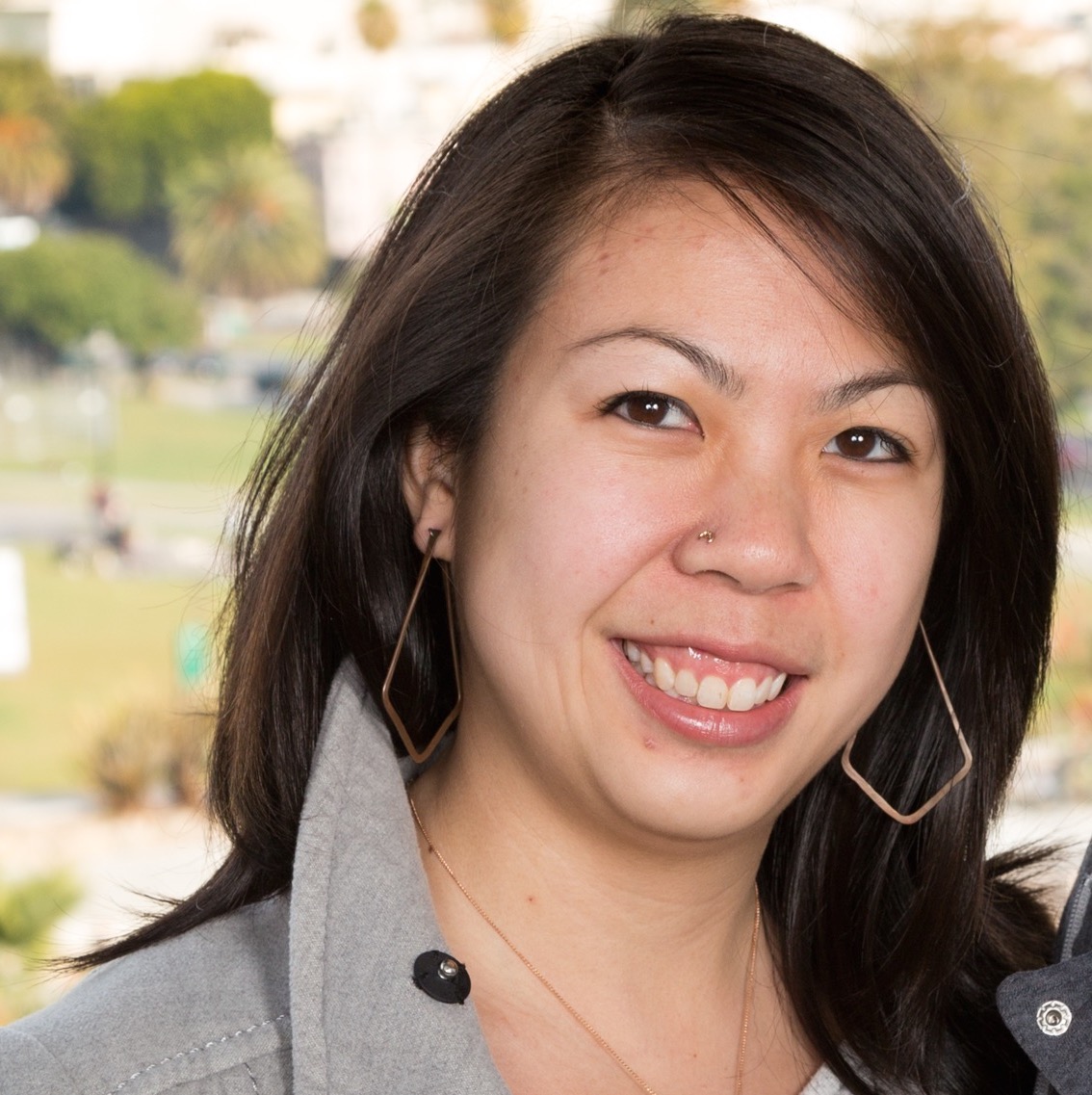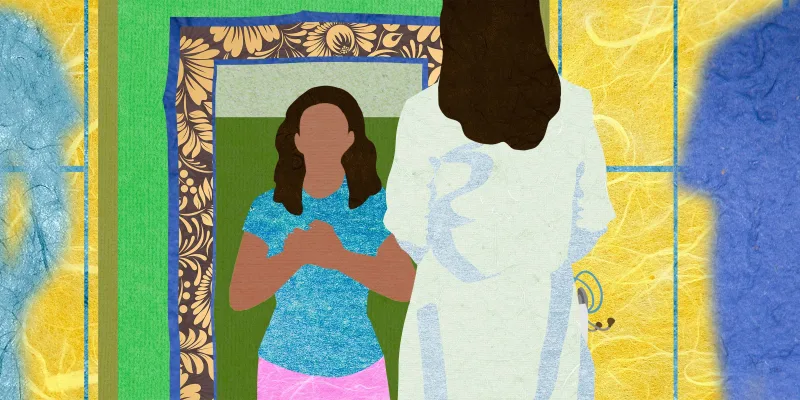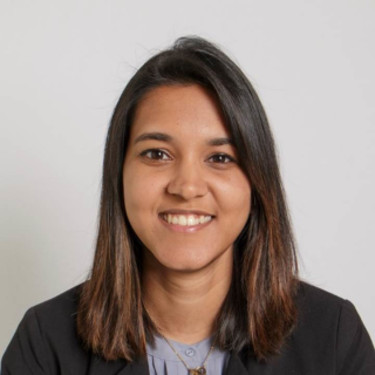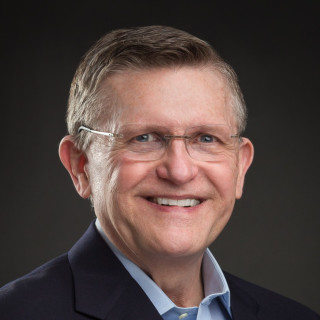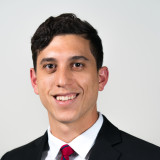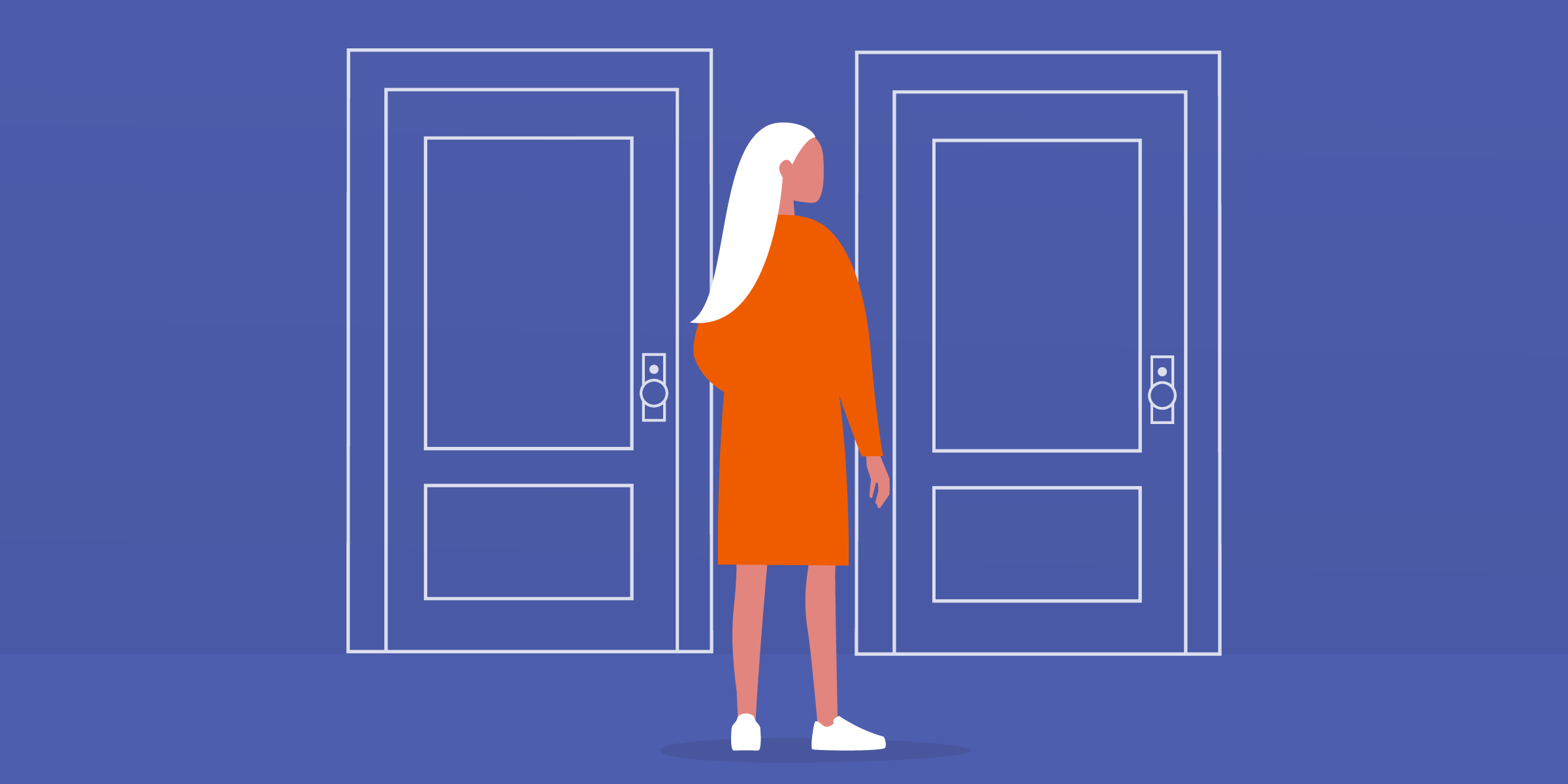
People change jobs fairly often, about once every four years. And lately, there has been gravitation toward PA and NP careers.
These are two of the fastest-growing jobs for 2018–2028, with 31% and 26% projected growth, respectively. The NP field has grown so quickly that almost half of all current NPs have been practicing for five years or fewer. Additionally, diversity in age, ethnicity, and gender are also changing. As for the PA field, 80% are younger than 49 years old, 32% are male, and 6.2% of PAs identify as Hispanic.
Do you know of NPs or PAs who chose their profession as a second career? Why did they decide to be NPs and PAs? Why did you? Doximity interviewed three clinicians who pursued NP- or PA-training as second careers.
Nanette Laufik was a nurse for 11 years before becoming a family medicine PA. Annie Li was a music teacher for 10 years before starting her career as an urgent care PA. And Tameika Mirabelli was a real estate lawyer for six years before transitioning to her career as a family medicine NP.
Motivations For a Career Change
There were many reasons these women chose to become clinicians — two such reasons being financial stability and self-fulfillment. Regardless, they each thoughtfully examined the pros and cons, as well as their motivation for the change.
Nanette wanted to further her career in medicine. She wanted to stay close to patient care, and staying in nursing was pushing her towards the administrative side of health care. Becoming a PA not only allowed her to stay connected with patients, but provided more career opportunities. “I have a bad case of ‘fear of missing out,’” Nanette shared. “My combination of having a nursing background and being a PA opened up many, many doors to me.” Because PA programs are very similar to medical school programs, “Docs get it,” Nanette said, “they understand what a PA is, and how they're trained.”
Those outside of medicine — Annie in music and Tameika in law — came to care for patients because their first careers were too stressful.
Annie was growing tired of dealing with classroom challenges and the uncertainty of whether her position would be cut for the next school year. She was ready for a change and for financial stability. She was actually on a mission trip in Thailand when a doctor suggested that she look into a PA program, as a medical background would help her on future medical mission trips. Annie’s background in teaching and her desire to work with people have helped shape her to become the PA she is today. “I’m glad I went into teaching first,” Annie said. “I always wanted to work with children and educate others. And [my teaching background] was very helpful when I started my PA career because I spend a lot of time educating patients about their health.”
For Tameika, she never felt like she was truly helping people in a way that mattered. She wanted to be happy and do something more rewarding and fulfilling, even if it meant a pay cut. “I wanted to do something that made me feel really good about myself when I [went] home and then when I got home, not to feel like I still had work [to do],” said Tameika. “Even if I [took] a pay cut, which I did, I wanted to be happy.” Tameika fell in love with nursing the moment she started training and found that she could be on the front-lines of patient communication and care as a family medicine NP.
Making the Switch
It can be an upward hill for non-traditional students to even be accepted into NP or PA programs, as many of these programs are competitive and require many prerequisite courses. For these clinicians, transitioning from other fields to NP and PA careers was not an easy road. It took sacrifices and determination. It took many years of continuing in their current jobs while simultaneously going back to school, and gaining hours of experience.
While Nanette transitioned from within medicine, coming from outside the industry posed extra challenges to Annie and Tameika.
Annie, with no previous science education, needed to spend two years completing prerequisites and gaining experience in health care before she even applied to PA school. Although she was initially rejected by all three PA schools she applied to, Annie was determined. She was not ready to give up her dream of becoming a PA. She spent another year gaining more health care hours and applied to seven more PA schools. This time, she was successful and was accepted into two schools. Annie has internalized this determination in her everyday work as an urgent care PA. “I wanted to work in urgent care because I wanted to see and treat a variety of illnesses. I thought that if I specialized, I would lose a lot of skills.”
Tameika also started from scratch when she decided to enter the nursing world. Though she was familiar with graduate education from getting her JD, the experience was both challenging and humbling. “It probably was one of the hardest things I did,” said Tameika, “It was harder than law school.” But Tameika actively chose to be a nurse and then a family medicine NP. “I wanted that nurturing aspect of it. I wanted to be able to spend more time with people,” Tameika shared. And she knew it was the right choice. “I was just better suited as a nurse,” she said.
Changing Careers? Here’s Some Advice
Changing careers is difficult no matter your occupation. To switch into medicine or within medicine can be an even more challenging mountain. But for these women, the work was rewarded.
“We only get so many days, weeks, years of our lives,” said Nanette. “So, if you’re unhappy with where you are in life, change it. Because the challenges that come with change can be so much more rewarding.”
Tameika emphasized following your happiness: “You shouldn’t care what people think you should do. Do what’s best for you and your family — for your being and for your peace of mind.”
But the simplest advice when it comes to making a career change?
“Go for it and don’t be discouraged,” said Annie. “It’s worth it.”
There may be many NPs and PAs that have taken non-traditional routes to get to where they are now. These clinicians are just a few stories out of many. How did you become an NP or PA?
Image: Nadia Snopek / shutterstock
